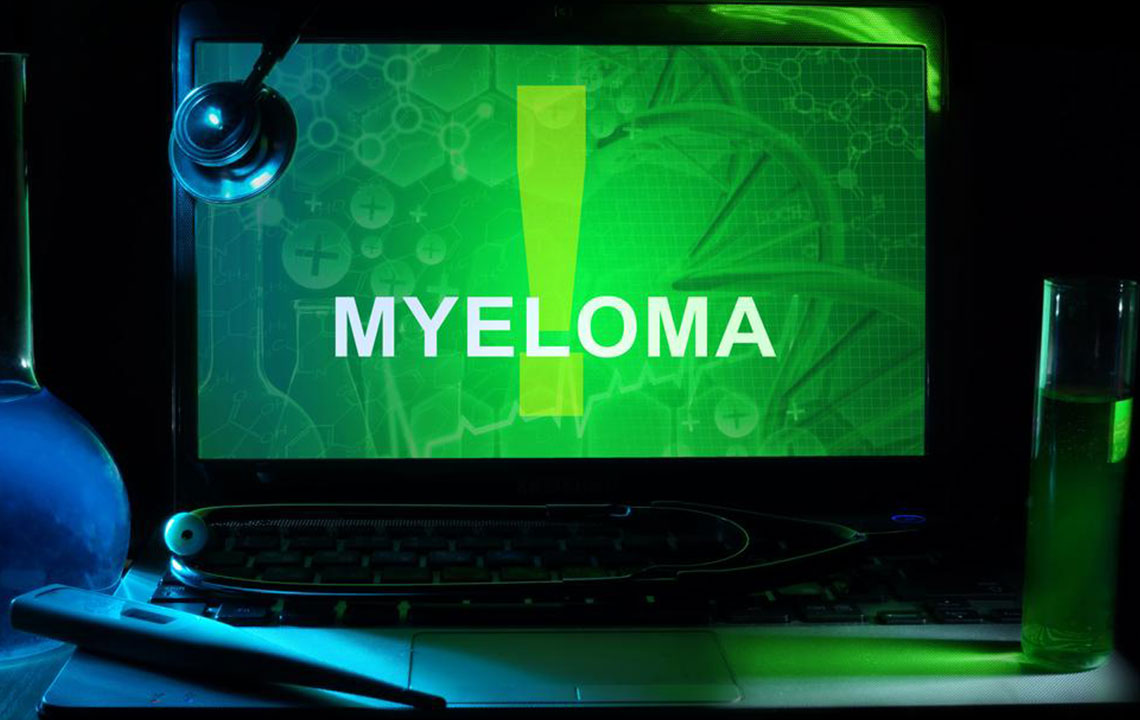Comprehensive Guide to Severe Primary Immunodeficiency: Causes, Diagnosis, and Modern Treatment Approaches
Severe primary immunodeficiency (PI) is a group of genetic disorders weakening immune defenses. This comprehensive guide explores its causes, symptoms, diagnostic methods, and treatment strategies. Early detection enabled by advanced genetic testing is vital for effective management. Treatments include immunoglobulin therapy, stem cell transplants, and emerging gene therapies. Prevention measures like hygiene, vaccination, and prophylactic medication are essential. A multidisciplinary approach ensures optimal patient outcomes, with ongoing research promising more precise therapies. Raising awareness and early diagnosis can significantly improve life quality for those with severe PI.

Understanding Severe Primary Immunodeficiency: An In-Depth Look at Causes, Diagnosis, and Effective Treatments
Severe primary immunodeficiency (PI) represents a complex group of genetic disorders that critically impair the immune system's ability to defend the body against pathogens. These conditions are caused by mutations in more than 100 different genes that are essential for the development and function of immune components such as antibodies, T cells, and natural killer cells. The disruption in these immune pathways results in a weakened immune response, making affected individuals particularly susceptible to a wide variety of infections, including bacterial, fungal, parasitic, and viral pathogens.
Early recognition of disease symptoms is vital for timely intervention and effective management. Common signs and symptoms that may indicate severe PI include recurrent and persistent infections that are difficult to treat, poor growth and developmental delays in children, unexplained weight loss, chronic diarrhea, and easy bruising or bleeding tendencies. These clinical features often prompt healthcare providers to investigate further through detailed laboratory testing.
Comprehensive diagnosis of severe primary immunodeficiency involves a combination of laboratory assessments, genetic testing, and clinical evaluation. Blood tests are central to diagnosis, allowing quantification of immunoglobulin levels, white blood cell counts, and functional assays of immune cell activity. Genetic screening helps identify specific mutations responsible for the disorder, enabling precise classification and personalized treatment planning. New advances in genomic medicine have significantly improved early detection, especially through next-generation sequencing techniques, which can detect even subtle genetic anomalies with high accuracy.
Prevention strategies play an essential role in managing severe PI. Individuals with known immune deficiencies are advised to maintain strict hygiene practices, such as frequent handwashing and avoiding contact with infectious individuals. Maintaining a healthy lifestyle, ensuring proper nutrition, and adhering to recommended vaccination schedules—particularly the use of inactivated vaccines—are critical components of preventive care. Some patients might benefit from prophylactic antibiotics or antiviral medications to mitigate the risk of infections.
When it comes to treatment, the mainstays include antimicrobial therapies to fight active infections and immunoglobulin replacement therapy to boost antibody levels in patients with antibody deficiencies. Immunoglobulin therapy can be administered intravenously or subcutaneously, providing passive immunity and reducing the frequency and severity of infections. Advances in biotechnology have led to the development of novel treatments, such as hematopoietic stem cell transplantation (HSCT), which offers a potential cure by reconstituting a healthy immune system. Moreover, ongoing research into gene therapy presents promising avenues for correcting genetic defects at the source, offering hope for more definitive and less invasive treatments in the future.
Severe primary immunodeficiency requires a multidisciplinary approach involving allergists, immunologists, geneticists, and infectious disease specialists to optimize outcomes. Regular monitoring, vaccinations, and prompt treatment of infections are key to improving quality of life. Further research aims to discover targeted therapies tailored to specific genetic mutations, which will revolutionize the management of these complex disorders. Patient education and support groups also play a crucial role in providing psychosocial assistance and promoting awareness about the condition. Awareness campaigns and early screening programs are essential to reduce morbidity and mortality associated with severe PI, ultimately leading toward better prognosis and quality of life for affected individuals.





